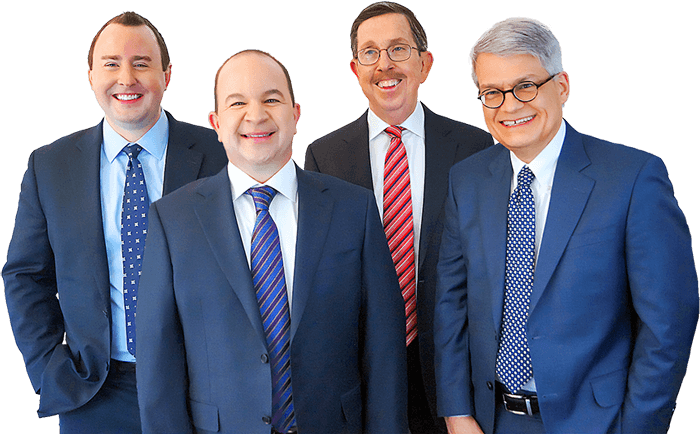While parents or older friends or siblings may think providing alcohol to youth at home provides a safe place, it can lead to legal troubles and a potentially devastating aftermath.
According to the National Survey on Drug Use and Health, 5.9 million people between the age of 12 and 20 in the U.S. have consumed alcohol. That staggering number may come with a harsh reality for any adults in Connecticut who supply the drinks.
Consequences of the Social Host Law
Connecticut has a Social Host law that makes a private property owner, which includes dwelling units, fully and legally responsible for minors drinking or possessing alcohol on their property. This applies whether the owners know about the alcohol consumption or not. If found guilty of this misdemeanor, a person may face a $2,000 fine, up to a one-year jail sentence and a court-ordered evaluation.
Along with dealing with criminal charges, a person may also face a civil suit. If the alcohol consumption leads to injury or death, the victim’s parents have the right to sue for damages on top of potentially increased criminal penalties.
Risks of underage drinking
Drinking while still in the midst of growing up can result in long-lasting health issues and creates dangerous scenarios for the person drinking and the people around them. Alcohol usage frequently contributes to car accidents, falling or drowning, violence, suicide and risky behavior.
Long-term drinking comes with potentially severe physical problems. Along with possibly affecting hormones, usage creates a greater risk of a teenager developing depression and anxiety. Binge drinking, an unfortunately frequent event, increases the chances of injury or death due to alcohol poisoning.
Raising a teenager comes with many challenges, especially when it involves peer influence. Open discussions may help minimize the chances of giving in to that pressure.


